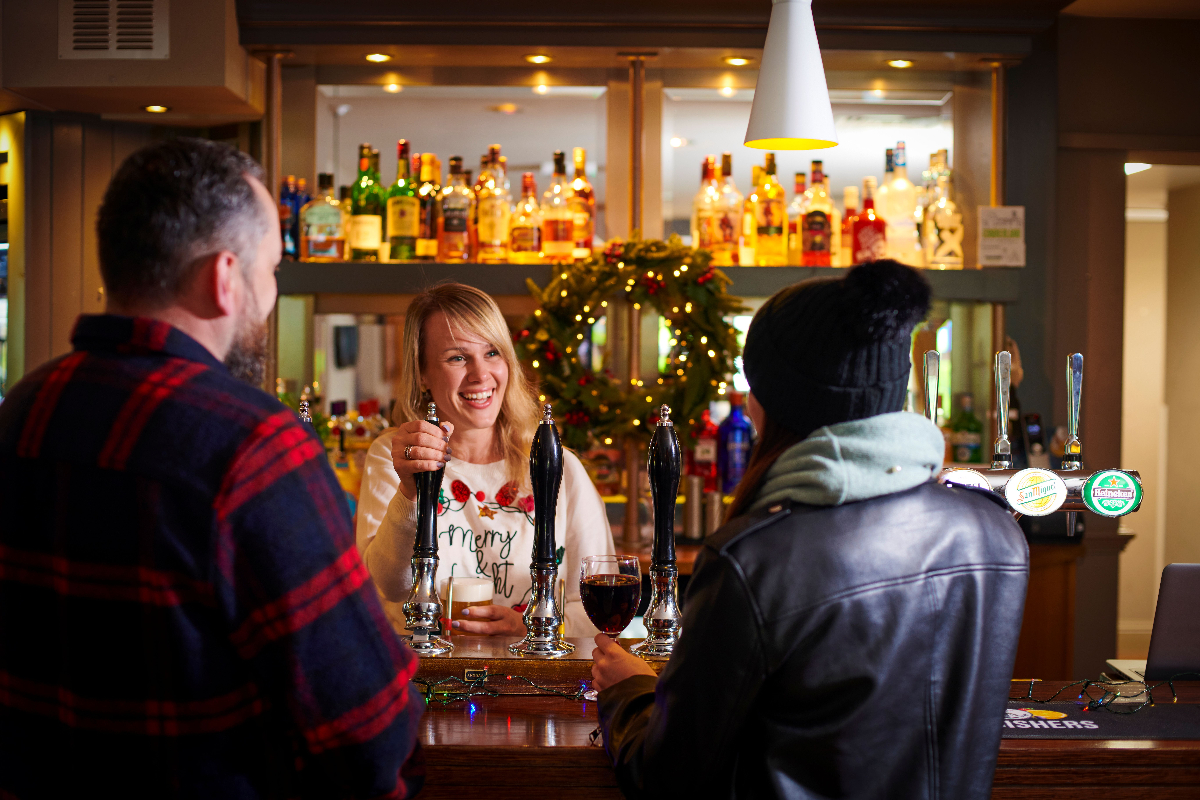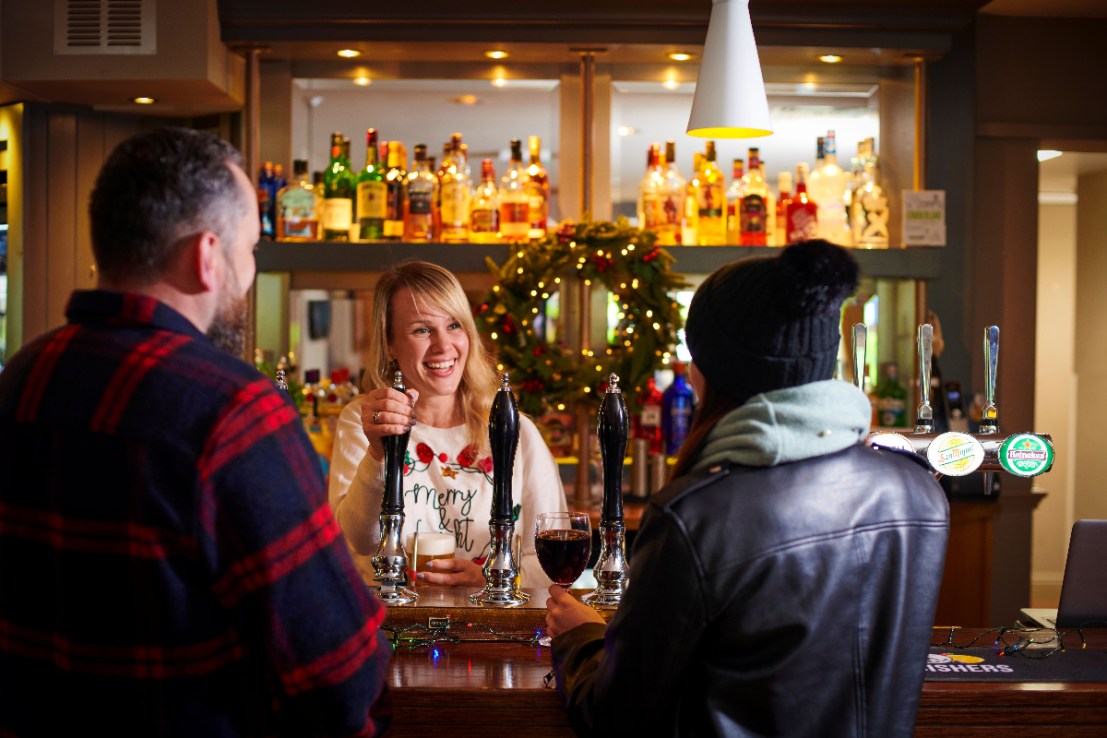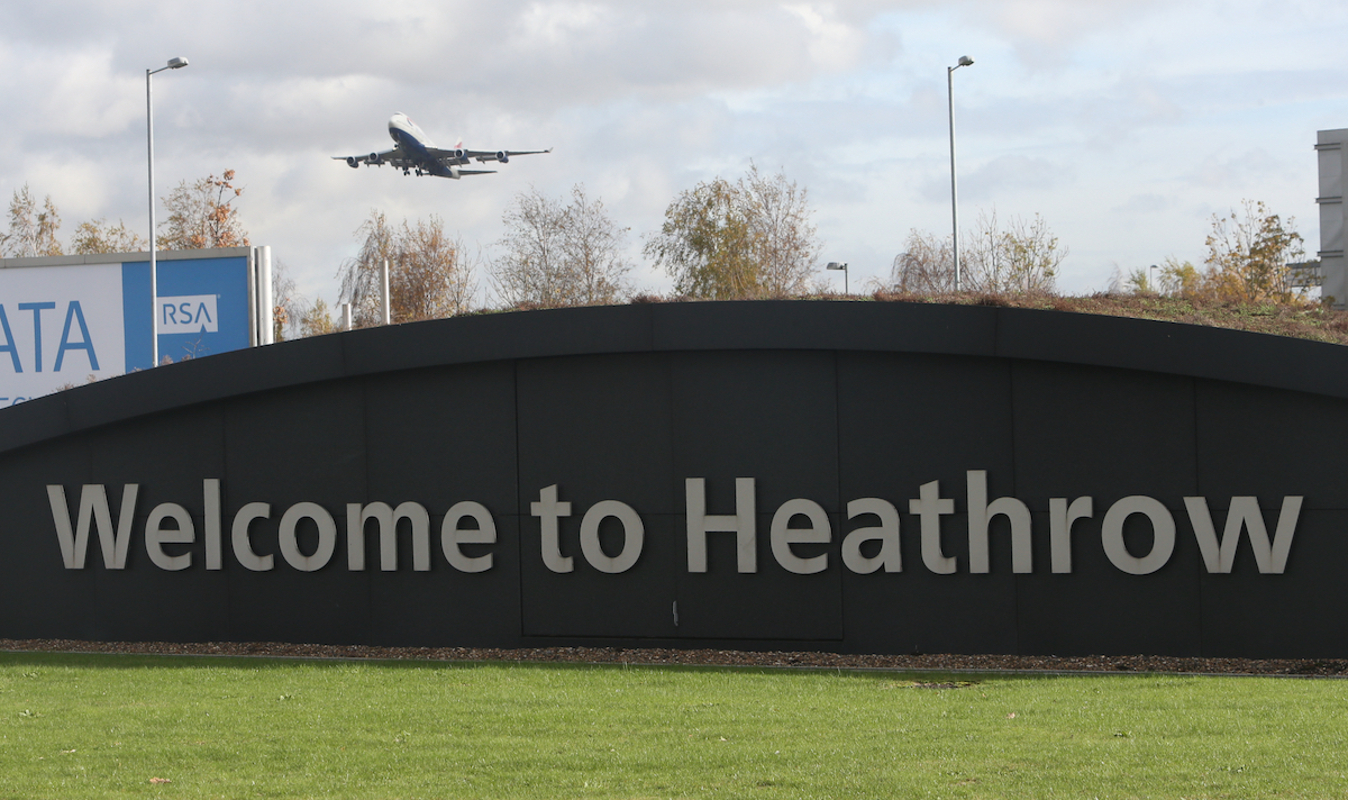Why you should still go to the pub in Dry January
Dry January has crept up on us once again — a month in which avid pub-goers look to kickstart a healthier year ahead. For some, it’s a month to start fresh with new beginnings. For others, such as the hundreds of independent pubs across the nation looking for growth, it is yet another challenge. Especially [...]


Dry January has crept up on us once again — a month in which avid pub-goers look to kickstart a healthier year ahead.
For some, it’s a month to start fresh with new beginnings. For others, such as the hundreds of independent pubs across the nation looking for growth, it is yet another challenge.
Especially as the sector closes on a turbulent year, one most recently riddled by growing post-Budget woes and a staggering shortage of the holiday-favourite Guinness.
However, a number of pubs across the capital seem to be more than prepared.
At the end of the day, going to the pub doesn’t always have to be a booze-y experience.
Alison Boutoille, founder of independent pub advertising agency Citystack, believes “many don’t make it through this quiet period,” which is why now more than ever is the time to show support.
As a result, a growing number of over 70 independent London pubs have joined together in a Citystack-led initiative that encourages pub-goers to continue local visits throughout the month.
It involves a Citystack voucher scheme, which can be purchased for £25, that provides over £100 worth of free food and drink at its London-wide community of independent pubs.
The scheme was designed to encourage Londoners to visit “at least one independent pub per week, even if they are participating in Dry January.”
“If every Londoner made the effort to visit an independent pub once a week, it would greatly help these businesses survive this challenging time,” Boutoille added.
Embracing the experience
According to official Government statistics, analysed by commercial real estate specialists at Altus Group, 412 pubs were either demolished or converted for other uses over the year to December.
The data showed that the overall number of pubs in England and Wales, including those vacant and being offered to let, fell to 38,989.
This is the sharpest fall in pub numbers since 2021 when the sector was hit hard by pandemic restrictions and surging energy prices.
The sector has also begun to navigate a number of post-Budget fears, with many unsure of what the real implications of the tax hikes announced in the Autumn Budget will look like.
These include growing concerns surrounding the cost pressures imposed by a hike in employers’ National Insurance Contributions (NICs), minimum wage allowance, Business Property Relief (BPR) and business rates.
Despite the ongoing challenges ready to leave a mark, some optimists seem confident that the sector will once again prevail.
According to the British Beer and Pub Association, some 86 per cent of pubs now provide “no and low” alcohol options.
“The rise in popularity of the ‘Dry January’ trend is something the sector has fully embraced, with low and no alcohol options now on offer in pubs, bars and restaurants across the country,” Kate Nicholls, chief executive of UKHospitality, said.
“Businesses see this as an opportunity rather than a limitation, as people still crave the experiences that only the hospitality sector can provide, from eating and drinking to socialising and working,” Nicholls added.



